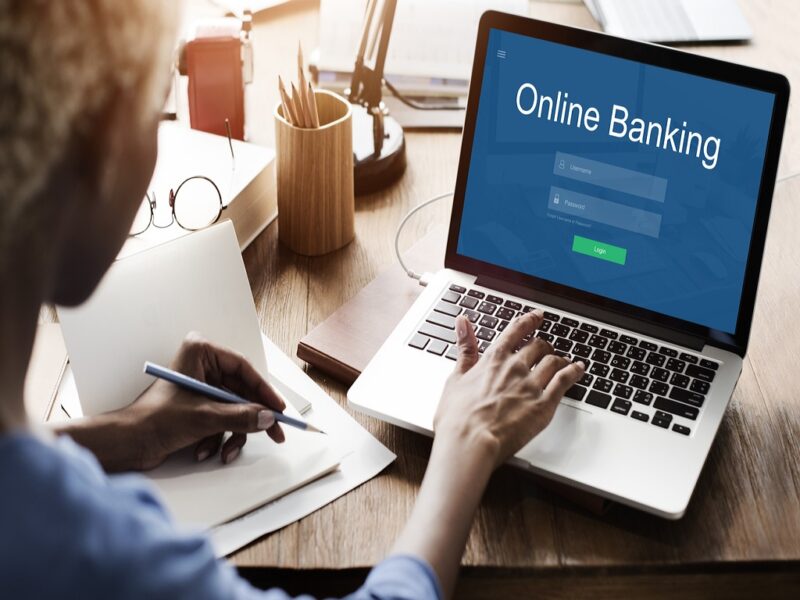
While online shopping makes it easy to find the products you want, it also presents new cybersecurity challenges. Internet banking has seen the rise of dangerous bots, viruses, and other kinds of malicious software that redirect you to websites that steal your password and personal information. This results in unfortunate consequences, such as identity theft and financial reprisals. So, you need to take extra precautions before completing your financial transactions. Here are a few tips for staying safe online while banking.
Beware of Claims That Aren’t Realistic
Avoid becoming a victim to deals that are too good to be true. Remember, if something seems too good to be true, it probably is! Be wary of deals offered by websites you have never heard of to protect yourself. Many online sites are designed to lure unsuspecting consumers into filling out online requests for credit card information or other details, so stay on guard.
Avoid Public Wi-Fi
If you use public Wi-Fi, you could be at risk for hackers stealing your important data, like credit card information and personal passwords. The best way to rectify this is to first connect to a VPN before accessing your information. This will encrypt all of your traffic and prevent hackers from stealing anything from you!
Ensure the Website Is Secure
In today’s digital world, it’s easy to forget that every time you use a credit card or other personal data to buy things, you might be sending your information over the network in a way that anyone with a little know-how could intercept. Banks and other websites use a protocol to encrypt the data. HTTPS delivers a certificate to show a valid website and not a spoof from someone impersonating it.
Pick Credit Over Debit
If a cyber criminal steals the account number of your credit card, they can go on a shopping spree and won’t have access to your actual cash until you use the card. If they steal the details from your debit card account—or even worse – if they see your PIN – then your cash is gone instantly, and it can be very hard to get it back.
Be Careful With Passwords
You should use strong passwords, use two-factor authentication, change your passwords often, and even go so far as to avoid putting privacy-sensitive information in your user profile.





